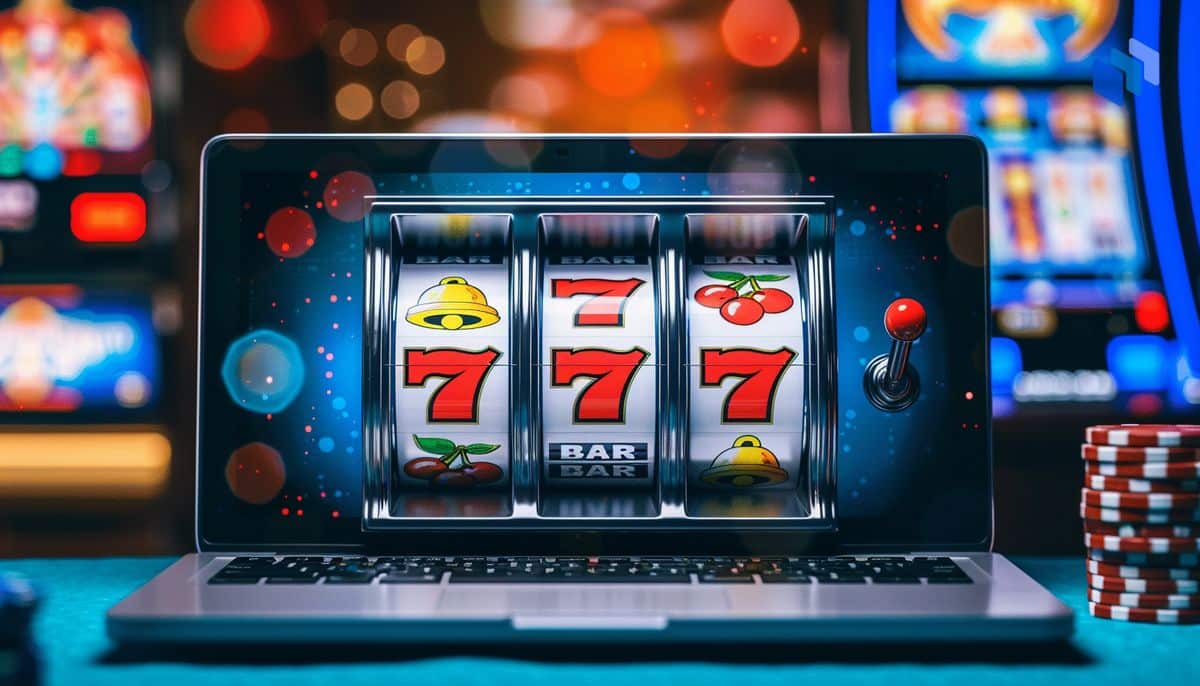Slot machine algorithms have long been a topic of debate in the gambling industry. While many players enjoy the thrill of pulling the lever and watching the reels spin, there is a lingering question of whether or not these algorithms are truly fair.
With advancements in technology, slot machines have evolved to become more sophisticated, using complex algorithms to determine the outcome of each spin. As a result, players may begin to question the trustworthiness of these machines.
In this article, we will explore the factors that contribute to the fairness of slot machine algorithms and provide insights on how players can navigate this complex landscape.
Understanding the Basics of Slot Machine Algorithms

Understanding the basics of slot machine algorithms is essential for players looking to increase their chances of winning. These algorithms determine the outcome of each spin based on a complex set of calculations and probabilities.
By understanding how these algorithms work, players can make more informed decisions about when and how to bet. For example, some algorithms may have patterns or trends that can be exploited to maximize winnings.
However, its important to remember that slot machine algorithms are designed to be unpredictable, so there is always an element of risk involved. By taking the time to learn about these algorithms, players can improve their overall gaming experience and potentially walk away with more winnings.
Factors Influencing the Fairness of Slot Machine Algorithms

Various factors play a role in determining the fairness of slot machine algorithms, ultimately impacting the players gaming experience. The design of the algorithm, the randomness of the outcomes, and the transparency of the odds all contribute to the overall fairness of the game.
Additionally, factors such as the payout percentage, the size of the jackpot, and the frequency of wins can also influence how fair players perceive the game to be. By considering these various factors, players can make more informed decisions about which slot machines to play and how to approach their gaming strategy.
Ultimately, the fairness of slot machine algorithms is a complex and multifaceted issue that requires careful consideration from both players and regulators.
Signs of Trustworthy Slot Machine Algorithms
 One important factor is transparency – does the casino openly provide information about how their algorithms work? A reputable casino will typically have their algorithms independently tested and certified by third-party organizations to ensure fairness. Another sign is the reputation of the casino itself – do they have a history of treating players fairly and paying out winnings promptly? Additionally, fair algorithms should produce random and unpredictable results, so if you notice any patterns or bias in the outcomes of a slot machine, it may be a red flag.
One important factor is transparency – does the casino openly provide information about how their algorithms work? A reputable casino will typically have their algorithms independently tested and certified by third-party organizations to ensure fairness. Another sign is the reputation of the casino itself – do they have a history of treating players fairly and paying out winnings promptly? Additionally, fair algorithms should produce random and unpredictable results, so if you notice any patterns or bias in the outcomes of a slot machine, it may be a red flag.
Lastly, reputable casinos will have measures in place to promote responsible gambling and offer support to players who may be struggling with addiction. By keeping an eye out for these signs, you can make a more informed decision about which slot machines to trust.
Conclusion
In conclusion, the fairness of slot machine algorithms is a complex and contentious issue that raises important questions about transparency and trust in the gaming industry. As players navigate the world of online casinos, it is crucial to approach slot machines with caution and skepticism, as their algorithms may not always be as fair as they claim to be.
To ensure a more trustworthy gaming experience, players should seek out reputable online casinos like www.stellarspins.me that prioritize fairness and transparency in their algorithmic processes. By exercising critical thinking and vigilance, players can empower themselves to make informed decisions and protect themselves against potential exploitation in the world of online gambling.


